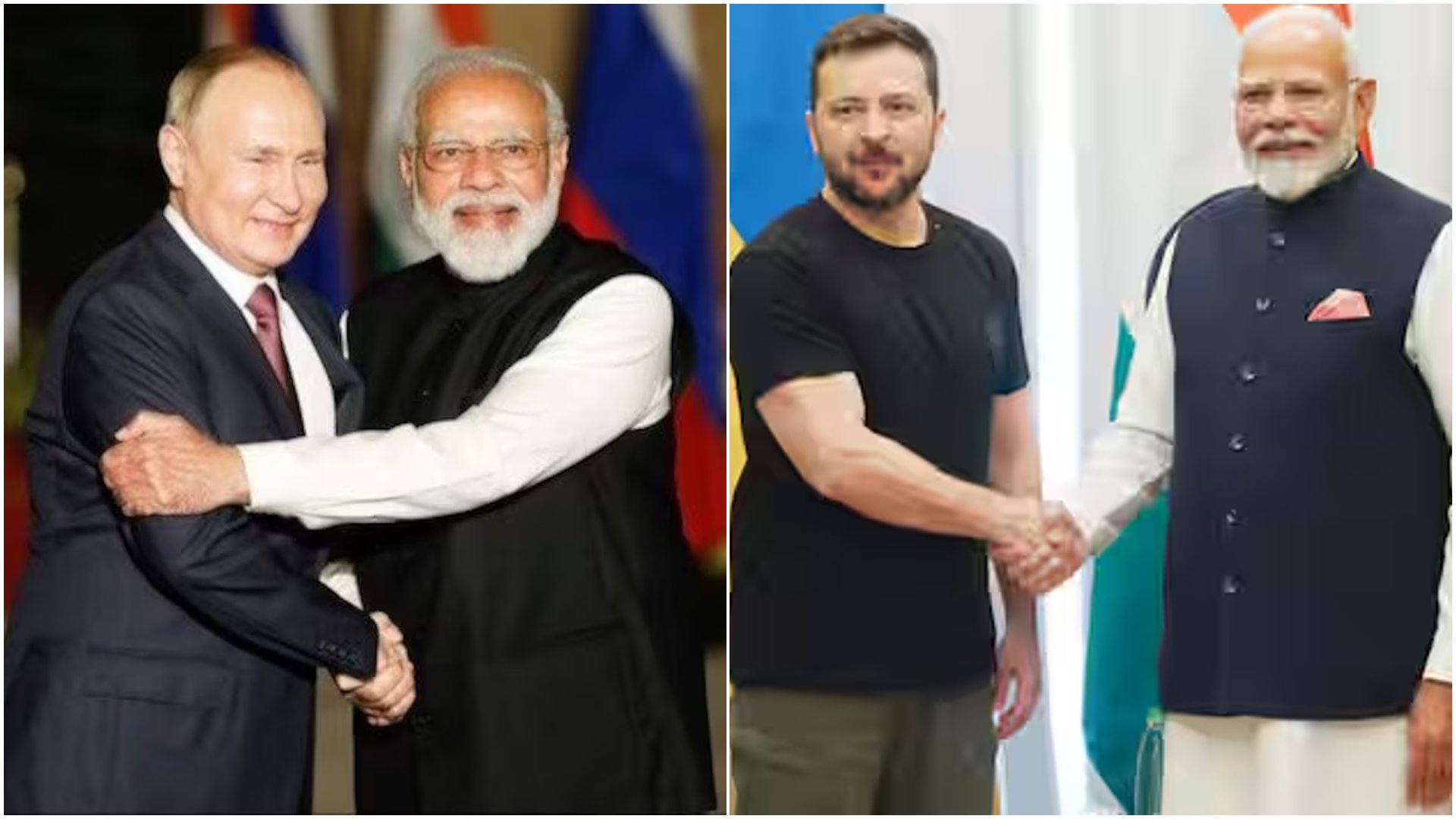
Prime Minister Narendra Modi’s visit to Ukraine this Friday is poised to capture significant attention from India’s long-standing ally, Russia.
This visit comes as India seeks to balance its relationships with both Russia and the West, maintaining robust trade and diplomatic connections with both sides since Moscow’s invasion of Ukraine in 2022. The war has intensified global tensions, sanctions, and criticism towards the Kremlin.
Modi’s government has maintained a neutral stance on the conflict but has faced scrutiny for its continued close ties with Moscow. India has abstained from condemning the war and continues to purchase discounted Russian oil, despite Western efforts to curb such transactions, which indirectly support the conflict.
The Prime Minister’s trip to Kyiv, requested by Ukrainian President Volodymyr Zelenskyy, marks the first visit by an Indian head of state to Ukraine since it gained independence in 1991. The visit aims to strengthen relations between the two countries, which have had limited engagement compared to India’s extensive ties with Russia.
Rick Rossow from the Center for Strategic and International Studies noted that while India’s relationship with Russia is deep-rooted, it is also interested in developing its nascent ties with Ukraine. “India’s goods trade with Ukraine was about $3.4 billion in 2021-22, compared to $13 billion with Russia. Russia has provided advanced weaponry, and India’s imports from Russia have surged despite challenges,” Rossow said.
Modi and Zelenskyy, who have only met briefly at G7 summits, will use this opportunity to discuss bilateral relations and multilateral cooperation, with the ongoing war likely to be a key topic.
India’s engagement with Russia was highlighted in Modi’s recent visit to Moscow in July, which coincided with a tragic attack on a children’s hospital in Kyiv. While Modi expressed sorrow over the attack, the visit was criticized by Ukraine, with President Zelenskyy condemning it as a setback for peace efforts.
India’s balanced approach to the conflict reflects its complex diplomatic strategy, aiming to maintain strong ties with Russia while engaging with Ukraine. The country is seen as a potential mediator in the future peace process, although Indian sources suggest the government is hesitant to assume such a role.
Harsh V. Pant of Observer Research Foundation pointed out India’s strategic interest in balancing its relations with Russia, crucial for defense supplies and regional stability. “India’s goal is to leverage its influence to facilitate peace while maintaining a stable relationship with Russia,” Pant said.
The visit underscores India’s desire to see an end to the conflict and encourages dialogue between both sides. As Modi heads to Kyiv, the global community will be watching to see how India manages this delicate diplomatic balancing act.
